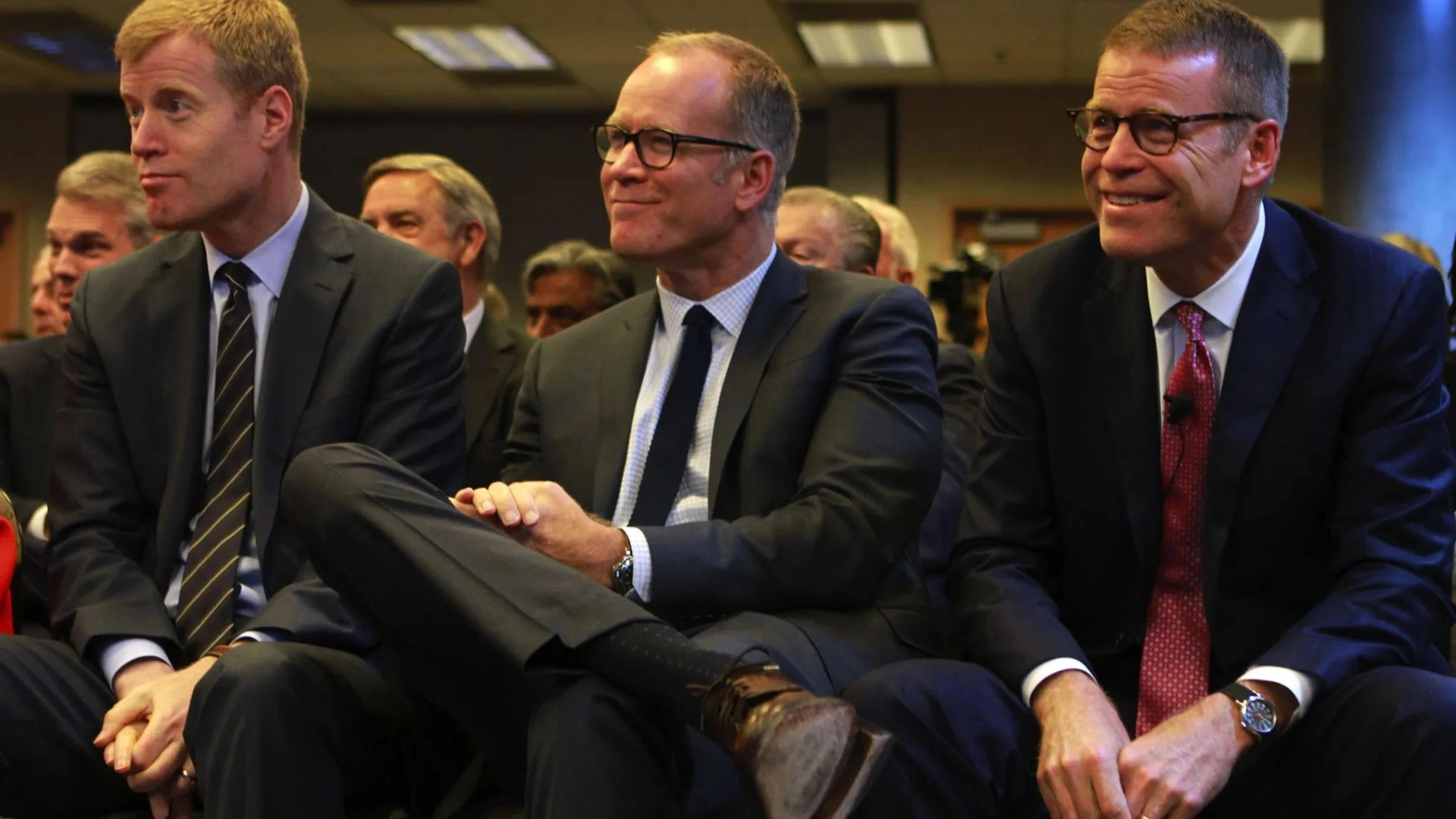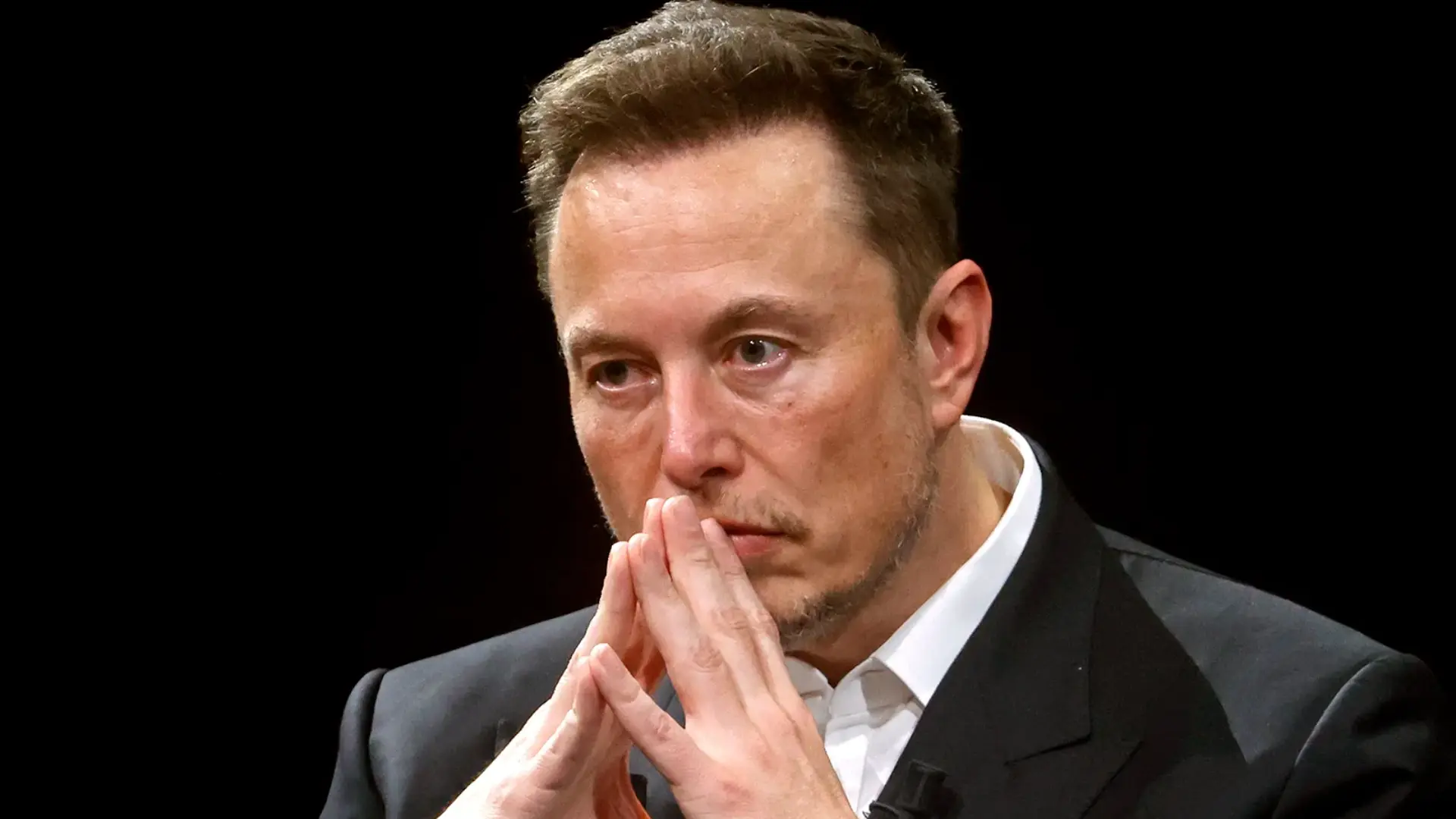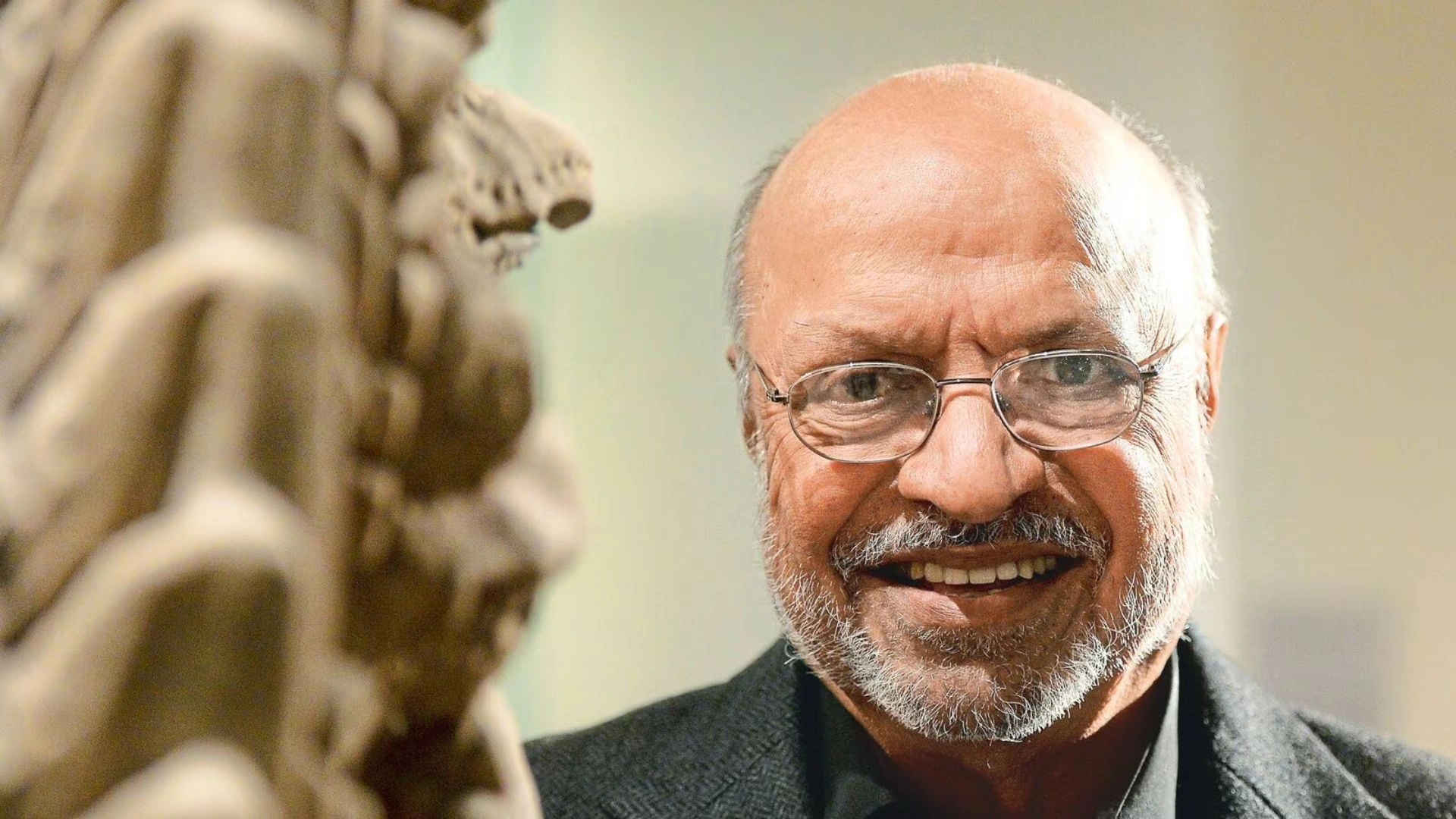After being out of power since 2010, the Labour Party, led by Keir Starmer, is poised to introduce a foreign policy approach described as “progressive realism.” David Lammy, anticipated to be the foreign secretary, emphasized understanding the world “as it is, not as we would want it to be.”
Diplomatic Endeavors in the Initial Months
Starmer’s first month as Prime Minister would be marked by significant international engagements, including meetings with U.S. President Joe Biden and European leaders. His debut on the global stage would commence with the NATO 75th anniversary summit in Washington, scheduled for next Tuesday to Thursday. Following this, Starmer would host a European Political Community meeting at Blenheim Palace on July 18, with notable attendees like France’s Emmanuel Macron and Germany’s Olaf Scholz.
Labour’s Foreign Policy Framework
Progressive Realism: Labour’s foreign policy, as outlined by Lammy, aims to navigate the complexities of a volatile world pragmatically. The party also aims to “make Brexit work” by forging a robust security pact with the European Union.
Key International Issues
China: Labour plans a comprehensive review of the UK’s relationship with China, covering all government departments. Last year, Starmer highlighted the need for the UK to reduce dependence on China, particularly in trade and technology, while still cooperating on global issues like climate change. Balancing economic interests with security concerns, especially with the potential return of Donald Trump in the U.S. presidency, could complicate this policy.
Israel-Palestinian Conflict: Labour is committed to recognizing a Palestinian state as part of a renewed peace process towards a two-state solution. The party advocates for an immediate ceasefire, the release of hostages, and increased aid to Gaza, though it has not specified a timeline for these actions.
Europe: Starmer has expressed willingness to collaborate with any European government, including France’s National Rally if it comes to power. He stressed the importance of both bilateral deals with France and broader agreements with the EU to address migrant issues. Strengthening bilateral agreements and pursuing an EU security pact to combat smuggling gangs are key elements of this strategy.
Ukraine: Labour vows to maintain strong support for Ukraine, continuing financial aid, weapons supplies, and troop training. Starmer would prioritize meeting Ukrainian President Volodymyr Zelensky to reaffirm this support. He has dismissed any possibility of meeting Russian President Vladimir Putin, labelling him the aggressor in Ukraine.
Defence Spending: A strategic defence review would be conducted within Labour’s first year in power, aiming to increase defence spending to 2.5% of GDP.
Under Starmer’s leadership, Labour’s foreign policy promises a blend of pragmatism and commitment to global cooperation, focusing on security, diplomatic engagement, and addressing critical international challenges.

















